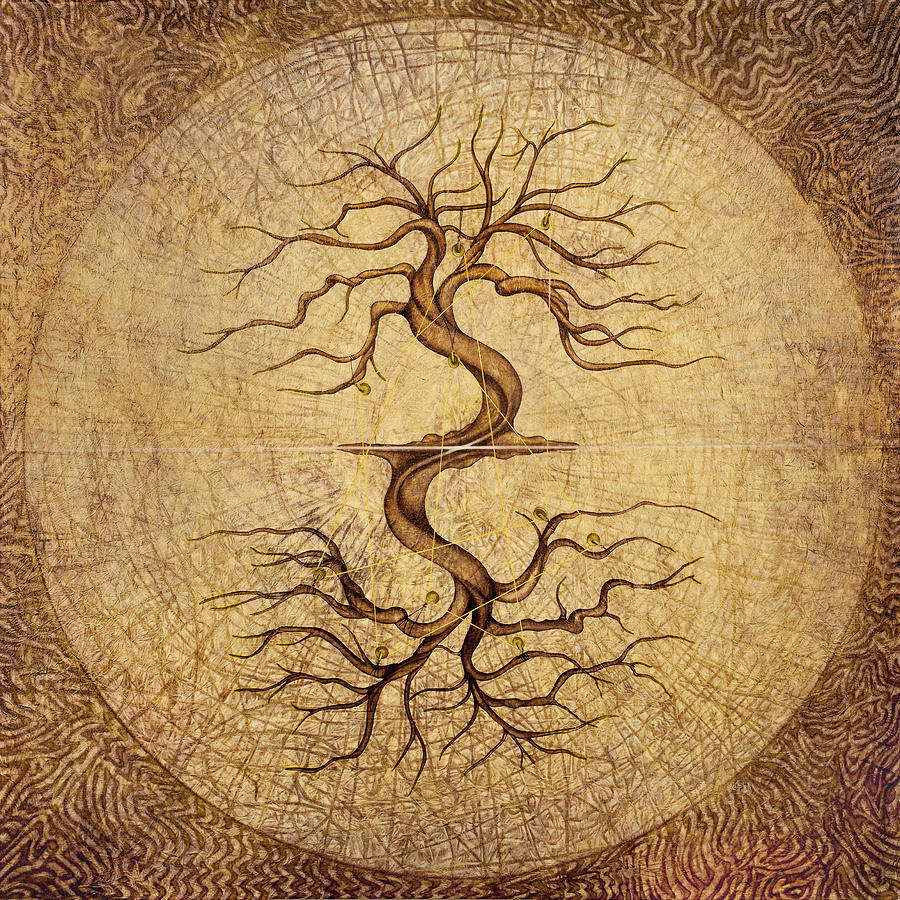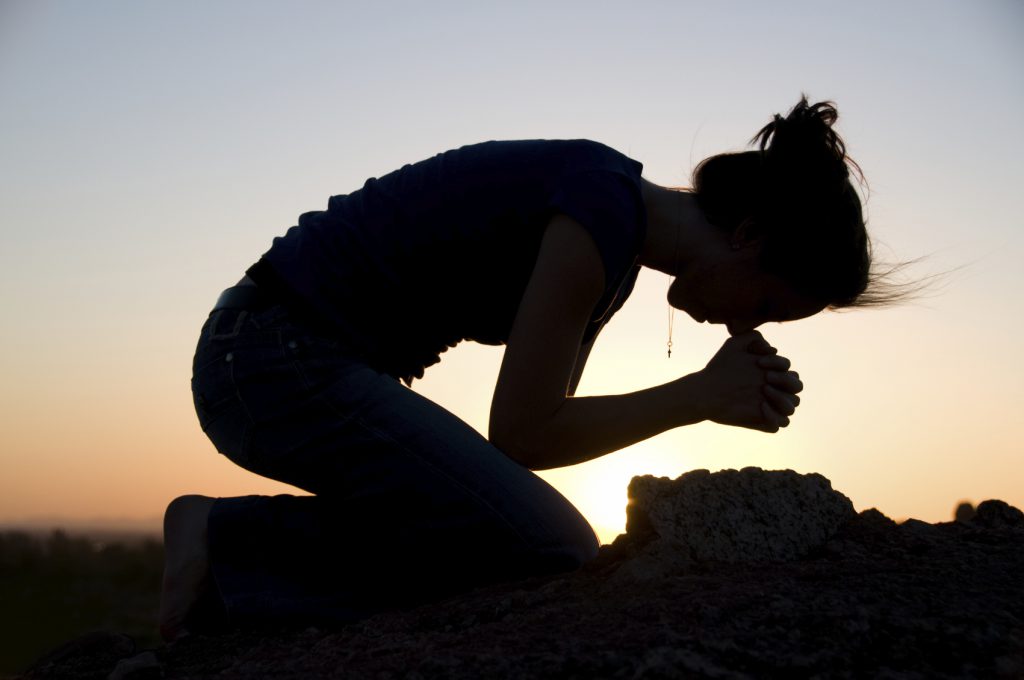It is said in the Srimad Bhagavatam that,
yadā kadācij jīvātmā
saḿsaran nija-karmabhiḥ
nānā-yoniṣv anīśo ‘yaḿ
pauruṣīḿ gatim āvrajet
While going through the cycle of birth and death again and again because of one’s own actions (karma), the living entity, by good fortune, may happen to become a human being, which is very rarely obtained. (Srimad Bhagavadam 8.22.55)
Once born as human, the poet says, those who does good deeds (good karmas) goes to heaven and enjoy their life ever after. “Sukrutham” means doing dharmic karmas – actions carried out in a dharmic way.
Dharma is not just about doing good things, nor is it just doing the right thing. But Dharma is doing good things, in the right way, at the right time, with the right intention, for the purpose of creating a harmonious mind and a harmonious society.
And he continues, “Sukruthangal okke yodungumbol…” – it means that, once the results of all our good deeds (dharmic karmas) are over, yet our mind has no change / no reformation at all (no jnana – the knowledge of the Self), we are reborn again on the earth as either human or some other species depending on our karma. The poet says, “Paripaakavam ellola millavar” – even as little change as the size of a sesame seed! And after one is reborn, if they still continue to do bad deeds and commit more sins (gather more bad karmas) and die, this results in them falling into different hells.
Here, while the poet explains about how impermanent the rewards in life are, he also implies how important repentance is… (പശ്ചാത്താപം [pashchaathaapam] in Malayalam means remorse, atonement, repentance or regret). When we are rich and enjoy all the pleasures of the world in this life, we forget how blessed we are, instead start hurting everyone else around us – the people, the mother earth and the nature, etc. The poet is describing about such people in this stanza, those who keep committing mistakes and refuse to learn and correct themselves, thus keep accumulating karma.
He then continues, “Suralokathil ninnoru jeevan poi…) – a soul that was in the heaven is born on the earth as a Brahmin (Brahmin is anyone who has the knowledge of the God or one who knows the God or he is a guru, a teacher, a professor – someone who has the intellect – or someone who has learnt the Vedas, Shastras, etc).
And those who does extremely cruel things in their life, end up taking rebirth in a despised sect. Asuras, the demons, are reborn as demigods, those who are immortal is reborn as trees. A goat is reborn as an elephant, and an elephant becomes a goat in it’s next life…A tiger is reborn as a human being and a woman is born as a fox…A cruel king become a worm in his next life and a fly takes birth as a cat…and the poet continues, all these are but God’s divine play!
Poonthanam beautifully describes how unpredictable our life is, even after death and how it can take various forms and come on the earth again and again in various forms according to our own karmas – this is the law of karma – the cause and effect.

In the next stanza, the poet says, as said, we go up and down from higher planes to lower planes of our consciousness and keep gathering all our karmas on this earth. He implies that, only on this earth that we do karmas (actions) and the wheel of karma is never ending. After accumulating all the karmas on this earth, living entity moves from this earth to various other worlds depending on their karma and either suffer for it or enjoy the results of those karmas. Once this ends, the living entity comes back to earth again in various forms and continue to love, mostly accumulating more karmas. In other words, we are again given a chance to correct and learn from our mistakes.
According to Vedas, the earth is called “Karmakshetra” – the field of action. This is where the soul can experience the results of their actions (karma) and not in any of the other 13 worlds.
According to Atharvaveda (and Puranas), there are 14 worlds – seven higher worlds and seven lower worlds. The seven higher worlds are: Bhuh (earth), Bhavah, Swah, Mahah, Janah, Tapah, and Satyam and the seven lower worlds are: Atala, Vitala, Sutala, Rasatala, Talatala, Mahatala, and Patala.
Whatever the soul experience on the other planets / worlds are the results of the actions / karma on the earth. The soul that outweighs the good karma over bad karma, eventually go to the heaven until the results of the good karma is exhausted…then returns to hell (lower worlds) to experience the results of the bad karmas. If the soul keeps accumulating new karmas, this cycle continues forever, until the soul attains moksha from the samsara – the cycle of birth and death.
Every action we perform has a consequence. The use of the word “seemayillatholam pala karmangal” means, the wheel of karma is limitless or never ending. There is no one who is free of karmas. According to Shashtras (scriptures), the only way to be free of karma is to surrender ourselves to God and perform all our actions renouncing the fruits of the actions. This is exactly the message of Bhagavad Gita as well: “Therefore, only those who act without being attached to the fruits of his action, but as a matter of performing his duty, can attain the Supreme.” (Gita 3.19).
The Bhakta Kavi Poonthanam suggests that, the easiest way to develop such a mind and to surrender completely to the God, the Supreme, is to do “Naamajapam”;
Krishna! Krishna! Mukunda! Janaardana! Krishna! Govinda! Naarayana! Hare!
Achyuthaananda! Govinda! Maadhava! Sachidaananda! Naarayana! Hare!
To be continued…
Read Part 1, Part 2, Part 3 and Part 4 of this series…

